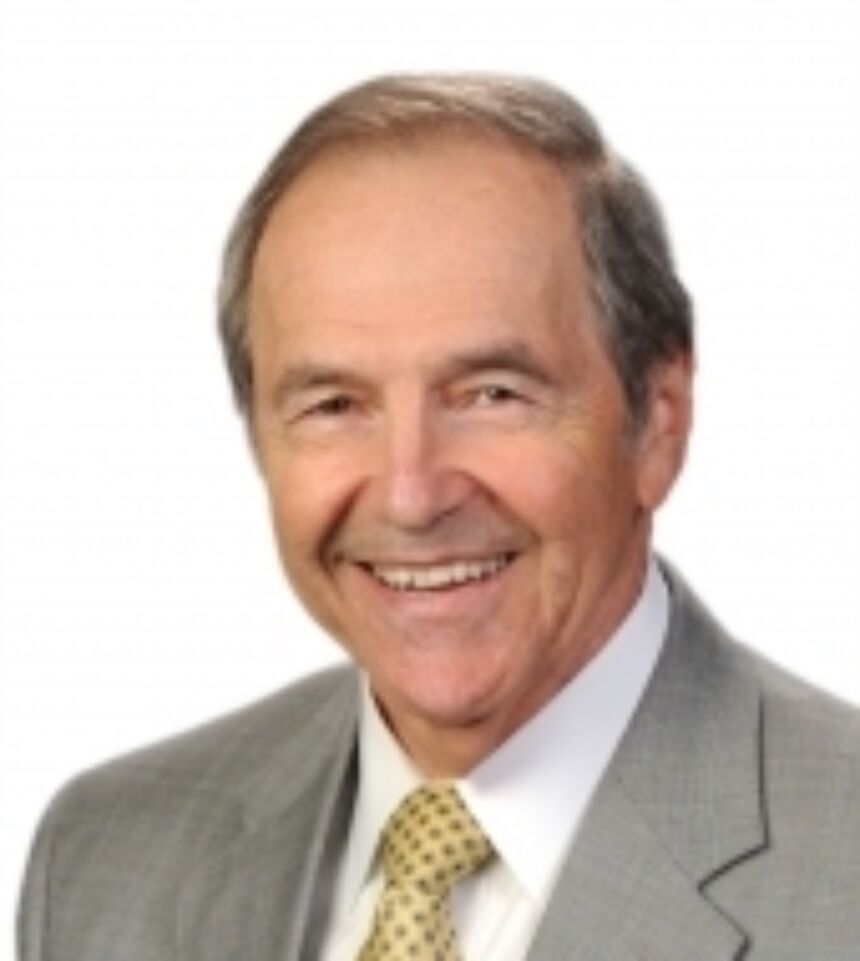October 27, 2015
Retired U.S. ambassador explains the challenges of peace negotiations

UNIVERSITY PARK, Pa. - “What is lasting peace, and what is the responsibility of envoys and negotiators?” retired U.S. Ambassador Princeton Lyman asked the audience at the beginning of his talk on Friday (Oct. 23) at the Penn State School of International Affairs. Lyman, the U.S. special envoy for Sudan and South Sudan from March 2011 to March 2013, led U.S. policy in the implementation of the 2005 Comprehensive Peace Agreement. His talk, "High Stakes Diplomacy: The Use of Special Envoys in Ending Conflicts," focused on the issues and challenges envoys must consider when facilitating negotiations between countries at war. As expected, he said it’s not an easy process.
“Half of all peace agreements have failed and the parties have gone back to war,” he said. “As envoys we need to examine the root causes of the conflict and involve other causes and parties affected by the conflict, such as civil societies like churches, communities, and women.”
Lyman explained how to go about implementing these negotiation elements into the peace process, by using examples from his experience in the Sudanese conflict. He reminded the audience that when addressing a conflict, it’s essential to consider the mediator’s role, and the objectives of the country the mediator represents.
“A mediator is not neutral,” he said. “There’s a difference between being neutral and being objective.”
He gave the example of South Africa. Negotiators knew apartheid had to cease for peace to occur. So, the objective was to eradicate apartheid. However, negotiators were still objective by understanding the arguments of all involved parties.
Lyman also covered instances where decision makers refuse to participate in the negotiations, when mediators have credibility issues because of their own political agendas, and instances in which mediators are without leverage.
Lyman’s career in government included assignments as deputy assistant secretary of state for African affairs (1981-1986), U.S. ambassador to Nigeria (1986-1989), director of refugee programs (1989-1992), U.S. ambassador to South Africa (1992-1995), and assistant secretary of state for international organization affairs (1996-1998). From 2008 to 2010, he was a member of the African Advisory Committee to the United States Trade Representative. He began his government career with the U.S. Agency for International Development and served as USAID director in Addis Ababa, Ethiopia, from 1976 to 1978. Lyman has a Ph.D. in political science from Harvard University and a bachelor’s degree from the University of California, Berkeley.
